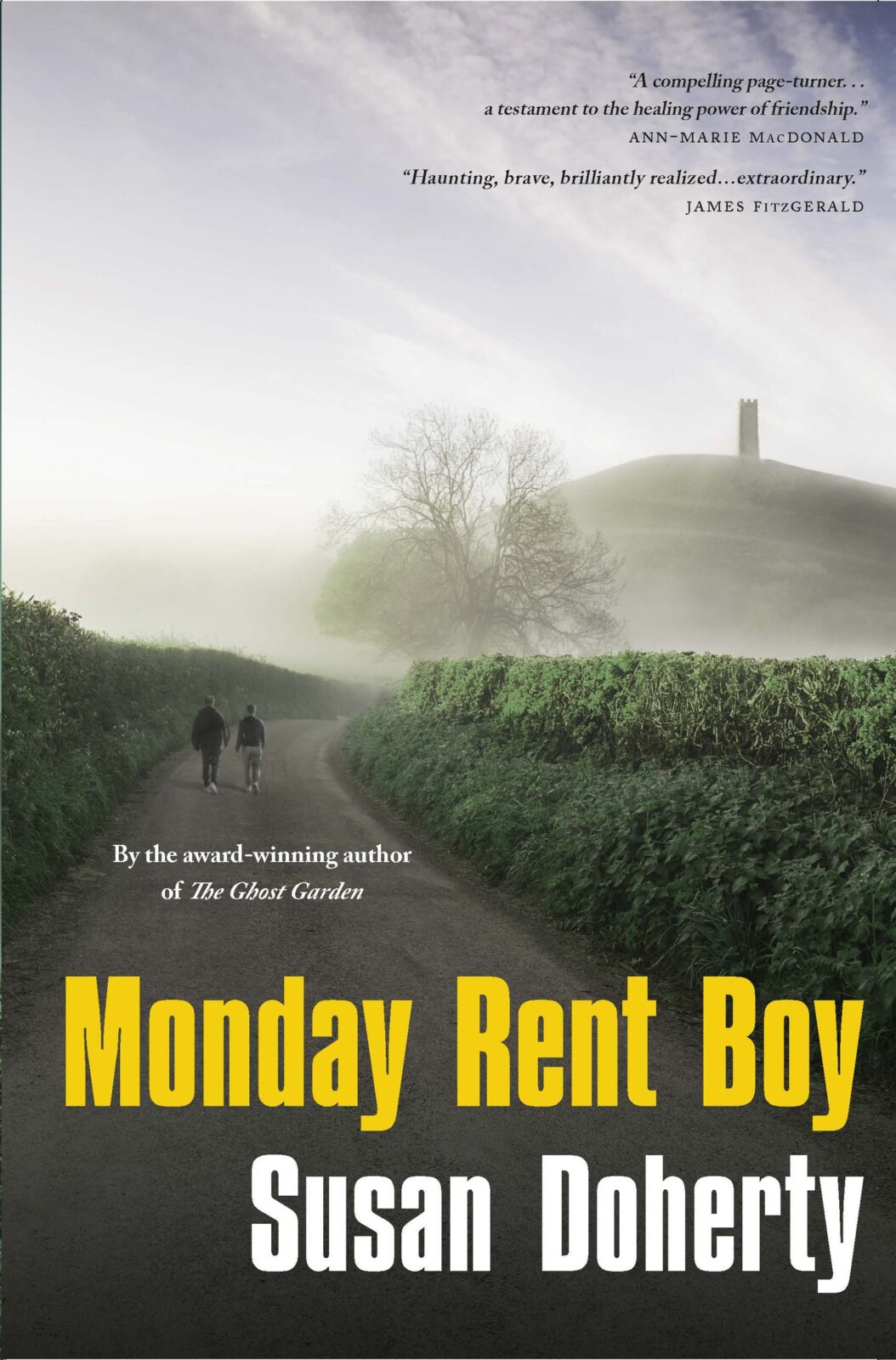Inspired by the life and career of internationally renowned pipa virtuoso Liu Fang, The Four Seasons of the Pipa is a musical picture book that describes the bond between a little girl and her grandfather. Accompanied by the lively and expressive sounds of the four-stringed traditional Chinese folk instrument, readers are swept off their feet and transported to a cozy winter evening, where the little girl dreams of the City of Eternal Spring.
She revisits memories of walking through the market with her grandfather in Kunming and savouring hot noodle soup together. She also delights in the idea of teaching her grandfather French, and sharing with him her collection of beautiful autumn leaves. As she closes her eyes, snow flurries outside her window, she envisions her upcoming trip to China. She is carried away by the abundant spring flowers that dance around her head to the music of her mother’s pipa playing – a bridge between generations and cultures.
In addition to the story, this book shares the rich history of the pipa instrument, dating back almost two thousand years. We also learn about the career of Liu Fang, otherwise known as “divine mediator” and “empress of pipa.” The eleven musical tracks that accompany this book include short background descriptions that make the listening experience all the more captivating.mRb






0 Comments